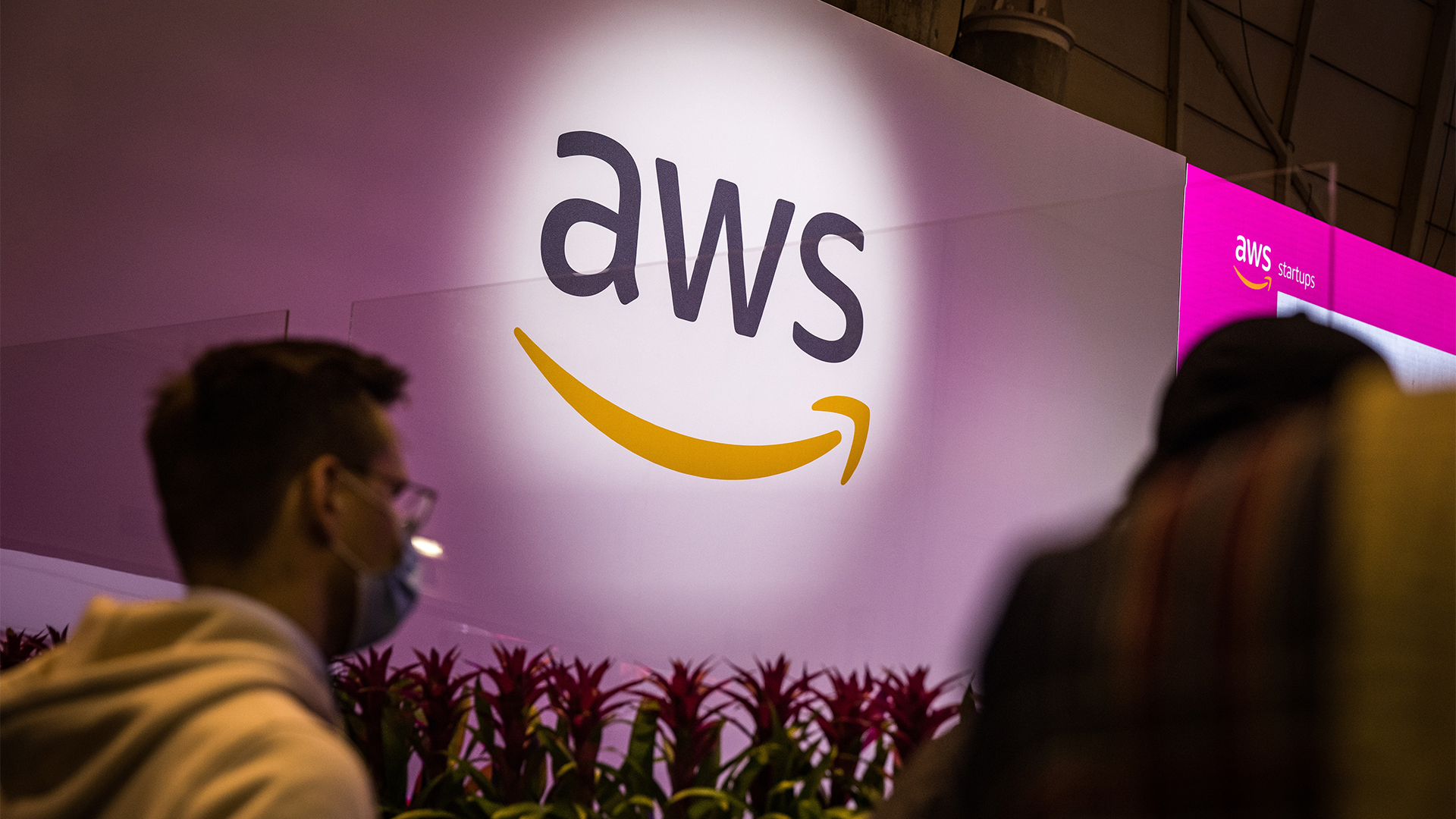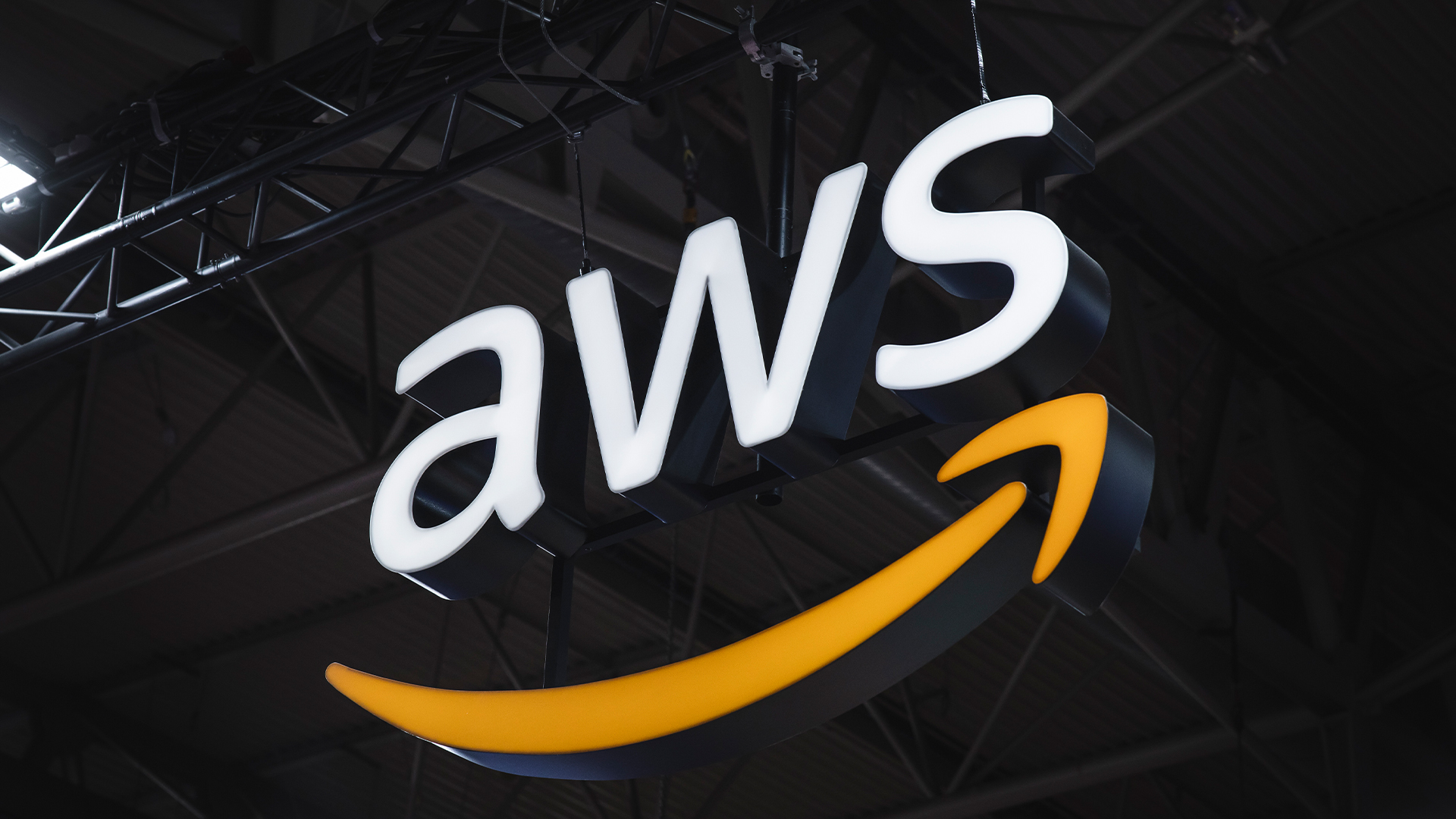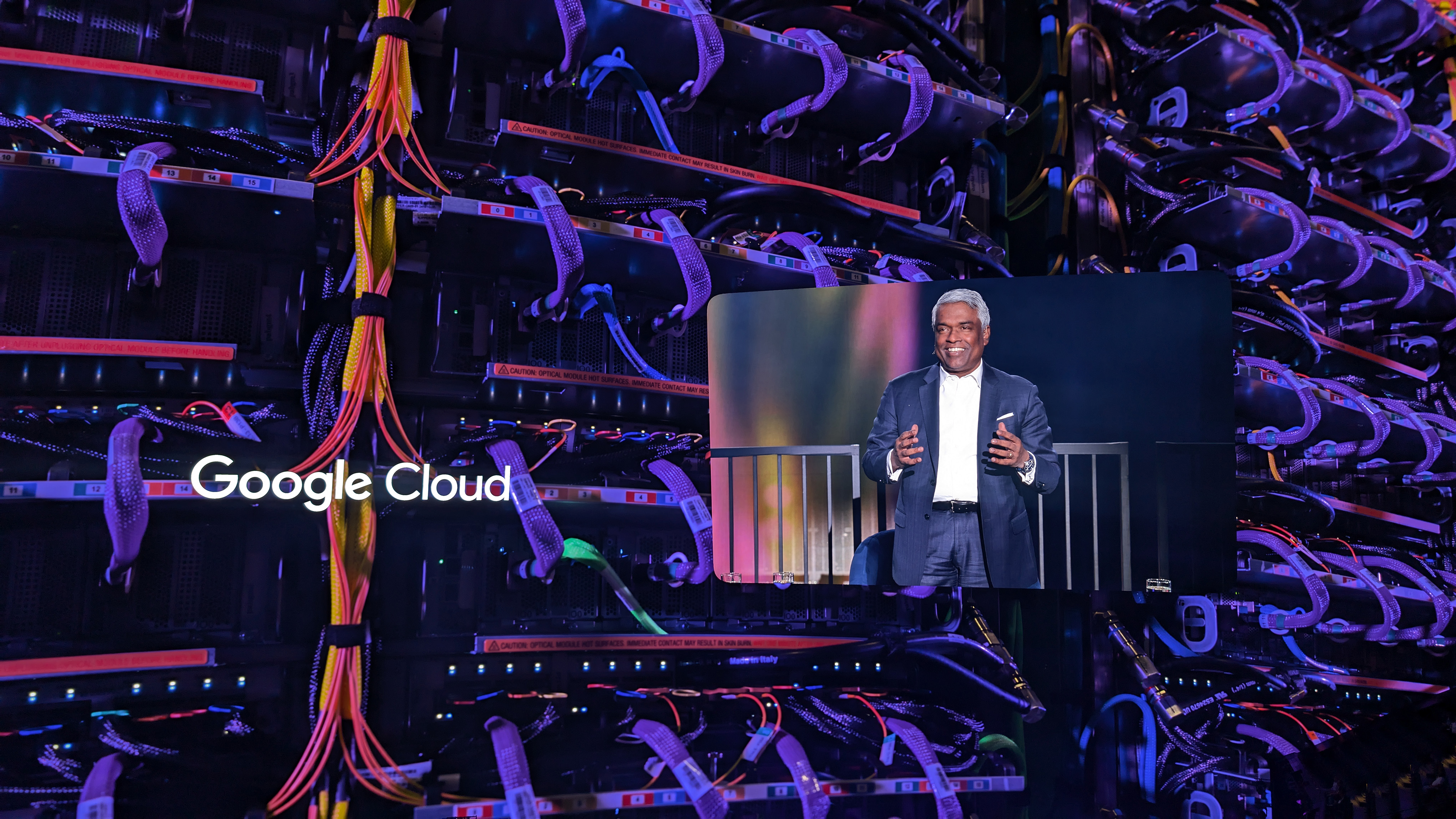Google just confirmed the location of its first small modular reactor
The project with Kairos will see Google build a small modular reactor to power local data centers


Sign up today and you will receive a free copy of our Future Focus 2025 report - the leading guidance on AI, cybersecurity and other IT challenges as per 700+ senior executives
You are now subscribed
Your newsletter sign-up was successful
Google has unveiled that its first small modular (SMR) reactor from partner Kairos will be located in Tennessee, with operations beginning in 2030.
Last year, Google signed a deal to purchase nuclear energy from multiple small modular reactors (SMRs) developed by Kairos Power. That's in part to help power data centers, which are demanding ever more energy thanks to the rise in AI.
Google said last year that the deal was for seven SMRs, with the first online by 2030 and the rest following by 2035. Speaking at the time, Michael Terrell, Google's senior director, energy and climate, said this will provide 500MW of power to help "unlock the potential of AI for everyone".
Nearly a year on, the two companies have announced that the first SMR will be at Kairos Power's Hermes 2 Plant in Oak Ridge, Tennessee, offering up to 50MW of energy to Google's data centers in that state and neighboring Alabama, as well as bolstering supply to the wider Tennessee Valley Authority (TVA) grid.
Google’s nuclear plans gain traction
Kairos Power said in a statement that TVA was the first US utility to sign on to buy electricity from such a reactor. The company added that it will boost output at Hermes 2 from 28MW to 50MW with operations scheduled to start in 2030.
Google explained in a blog post that the TVA will purchase electricity from Kairos' Hermes 2 plant beginning in 2030.
"In this initial phase of the collaboration, we will procure clean energy attributes from the plant through TVA to help power our data centers in the region with locally sourced clean energy, every hour of every day," said Amanda Peterson Corio, Google's Global Head of Data Center Energy.
Sign up today and you will receive a free copy of our Future Focus 2025 report - the leading guidance on AI, cybersecurity and other IT challenges as per 700+ senior executives
"By developing a technology, a supply chain, and a delivery model that can build an industry to unleash American energy, we can attract and support companies like Google and help America win the AI race," said Don Moul, TVA President and CEO, in a separate statement.
Moul added in the Google blog post that having the financial support of the tech company would help avoid customers having to pay for the high cost of development.
"Google is stepping in and helping shoulder the burden of the cost and risk for first-of-a-kind nuclear projects not only helps Google get to those solutions, but it keeps us from having to burden our customers with development of that technology," he said.
That point could be seen as deflecting criticism that such projects have a negative impact on local residents, particularly around AI demand for energy driving up costs for everyone.
The race for data center energy
Google isn't the only tech giant eyeing nuclear technologies to help power AI. The power-hungry technology is placing significant strain on data centers, prompting a rethink of energy sources in recent years.
Last year, cloud computing giant Oracle revealed it had secured building permits for three SMRs, with the aim of using them to power a 1GW data center.
Speaking during an earnings call at the time, CTO Larry Ellison said a key factor behind the nuclear push was the huge power demands as the company moved from AI training to inferencing, a more energy-intensive process.
Elsewhere, other industry giants are eyeing up the potential of nuclear energy to overcome power constrains.
Microsoft, for example, signed a power purchase agreement (PPE) with Constellation Energy in a move that will see 'unit 1' of the Three Mile Island nuclear plant used to power data center operations.
AWS also hopes to locate a data center next to a nuclear power station in Pennsylvania, though that has faced criticism from local residents and electricity providers over potential price rises.
The use of SMRs aims to help get plants up and running as soon as possible, versus the long lead times of traditional nuclear reactors, but this new technology could prove harder to roll out than existing, tested sustainable sources.
Make sure to follow ITPro on Google News to keep tabs on all our latest news, analysis, and reviews.
MORE FROM ITPRO
- Meta wants to join the big tech nuclear club
- Microsoft is using AI to get its nuclear projects approved in the US
- Hyperscalers go nuclear
Freelance journalist Nicole Kobie first started writing for ITPro in 2007, with bylines in New Scientist, Wired, PC Pro and many more.
Nicole the author of a book about the history of technology, The Long History of the Future.
-
 Mistral CEO Arthur Mensch thinks 50% of SaaS solutions could be supplanted by AI
Mistral CEO Arthur Mensch thinks 50% of SaaS solutions could be supplanted by AINews Mensch’s comments come amidst rising concerns about the impact of AI on traditional software
-
 Westcon-Comstor and UiPath forge closer ties in EU growth drive
Westcon-Comstor and UiPath forge closer ties in EU growth driveNews The duo have announced a new pan-European distribution deal to drive services-led AI automation growth
-
 AT&T expands AWS partnership in network modernization, cloud migration push
AT&T expands AWS partnership in network modernization, cloud migration pushNews The telecoms giant said the deal will supercharge the nation’s connectivity infrastructure
-
 Grid constraints are slowing down AWS infrastructure plans across Europe – and research shows it's only going to get worse
Grid constraints are slowing down AWS infrastructure plans across Europe – and research shows it's only going to get worseNews Efforts by AWS to expand data center infrastructure across Europe face severe delays due to sluggish grid connection practices, a senior company figure claims.
-
 AWS and NTT Data team up to drive legacy IT modernization in Europe
AWS and NTT Data team up to drive legacy IT modernization in EuropeNews Partnership between AWS and NTT DATA aims to boost AWS European Sovereign Cloud capabilities
-
 What is Microsoft Maia?
What is Microsoft Maia?Explainer Microsoft's in-house chip is planned to a core aspect of Microsoft Copilot and future Azure AI offerings
-
 Google drops $4.75bn on data center and energy firm Intersect
Google drops $4.75bn on data center and energy firm IntersectNews The investment marks the latest move from Google to boost its infrastructure sustainability credentials
-
 AWS' new DNS 'business continuity' feature targets 60 minute recovery time after October cloud outage
AWS' new DNS 'business continuity' feature targets 60 minute recovery time after October cloud outageNews The US-EAST-1 Region is getting extra tools and features to help customers during an outage
-
 What is a tensor processing unit (TPU)?
What is a tensor processing unit (TPU)?Explainer Google's in-house AI chips are the most notable alternative to Nvidia at the enterprise scale
-
 AWS targets cloud resilience and AI networking gains with new 'Fastnet' subsea cable
AWS targets cloud resilience and AI networking gains with new 'Fastnet' subsea cableNews Fastnet is set for deployment in 2028 and will link Maryland and County Cork with a line offering more than 320 terabits per second
